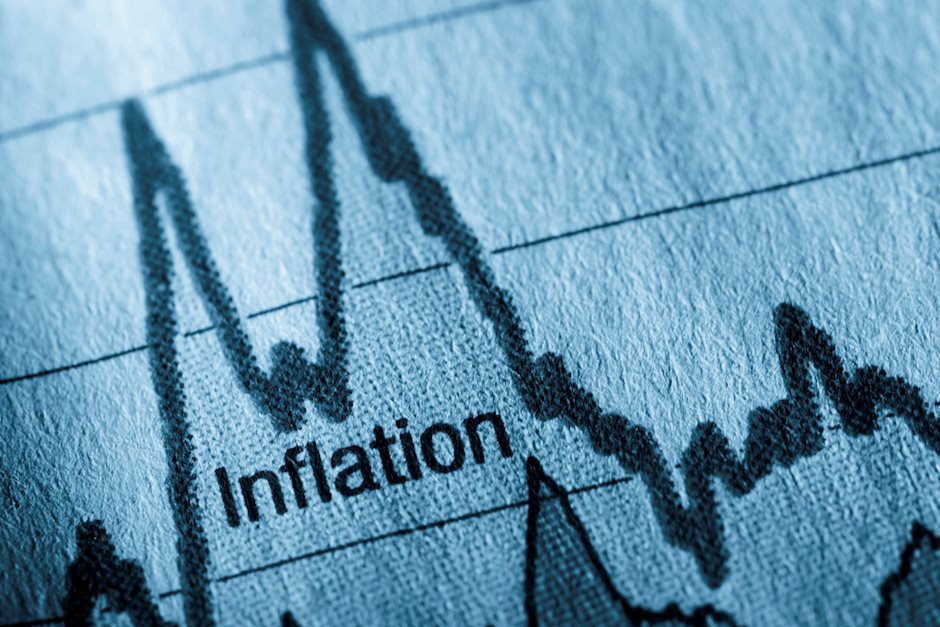Weekly focus – Softer inflation prints drive yields lower

Hopes for inflation coming down faster than expected drove market sentiment towards the end of the week. The euro area inflation print released on Thursday confirmed the disinflationary prints from country releases in previous days. HICP came in at 6.1%, which is a sharp drop from 7% in April. Core inflation also slowed more than anticipated to 5.3% from 5.6% in April. For now, the introduction of the EUR49 German transport ticket is likely to have been a key reason for this decline and hence we should be careful interpreting this core print. Nevertheless, stock markets cheered inflation coming lower faster than expected while yields drifted lower. The German 10y yield is trading almost 30bp lower compared to a week ago and the ECB peak rate is priced 9bp lower at 3.64%.
A financial market apocalypse in the US was avoided as the policymakers agreed on a deal to raise the country's debt ceiling. The bill passed the senate with 46 Democrats and 17 Republicans supporting it while five Democrats and 31 Republicans opposed the legislation. The debt ceiling driven drain in the Treasury General Account has supported liquidity, and hence, contributed to easing financial conditions lately, a development which we now expect to reverse.
Chinese PMI from NBS on Wednesday was weaker than expected across the board and pointed to new stimulus soon from the government and PBOC. The NBS PMI manufacturing PMI dropped from 49.2 to 48.8 (consensus 49.5) with details also being soft. Both new orders and export orders dropped. Then again, Caixin manufacturing PMI came out better than expected and in the expansionary territory. We still conclude that recovery in China is losing steam. Markets turning positive on Friday is more related to positioning and unlikely to be a sustainable phenomenon.
In Turkey's presidential run-off, Erdogan secured 52.2% of the votes and sealed his iron grip on power for the next five years. We think that in the absence of a turnaround in economic policy, Turkey could eventually end up in a currency crisis where lira's value would collapse, inflation would explode and even goods shortages could occur. Turkish corporates with large foreign liabilities would face substantial rollover risks. Read more in our election review Research Turkey - Time to fasten seat belts as Erdogan secures another term, 29 May.
Next week, we get the ISM services index from the US. Service PMI was fairly strong in May, so it will be interesting to see whether this is being reflected in the ISM as well. We are expecting the RBA to maintain rates unchanged on Tuesday. Markets are pricing a small (30-35%) risk of a 25bp hike. German factory orders for April are out on Tuesday as well. Orders fell a lot in March and now we are looking into more signals of whether this was a temporary thing or a sign of a more severe contraction. China will publish CPI data for May out on Friday. Inflation was 0.1% y/y in April, and a below zero print would create some headlines. On the geopolitical front, we continue to follow the events in Ukraine as the spring offensive is looming.
Author

Danske Research Team
Danske Bank A/S
Research is part of Danske Bank Markets and operate as Danske Bank's research department. The department monitors financial markets and economic trends of relevance to Danske Bank Markets and its clients.

















